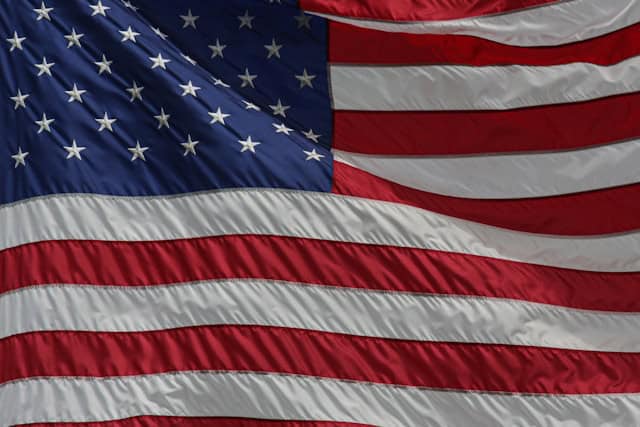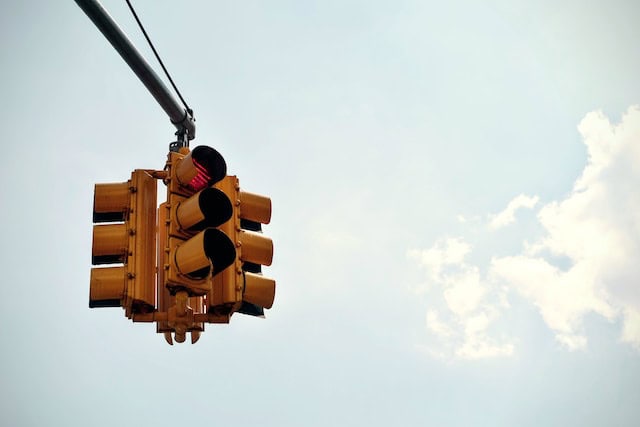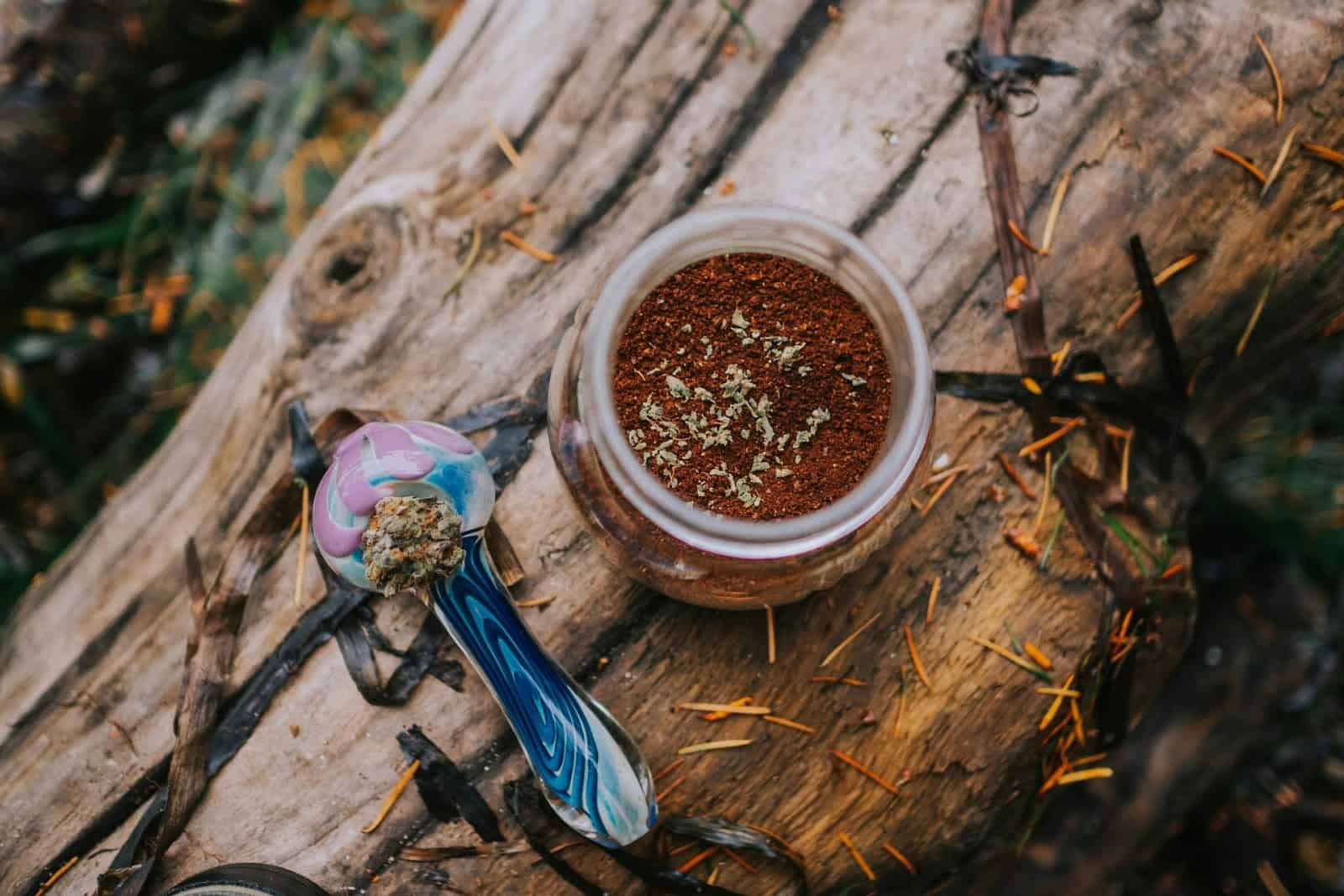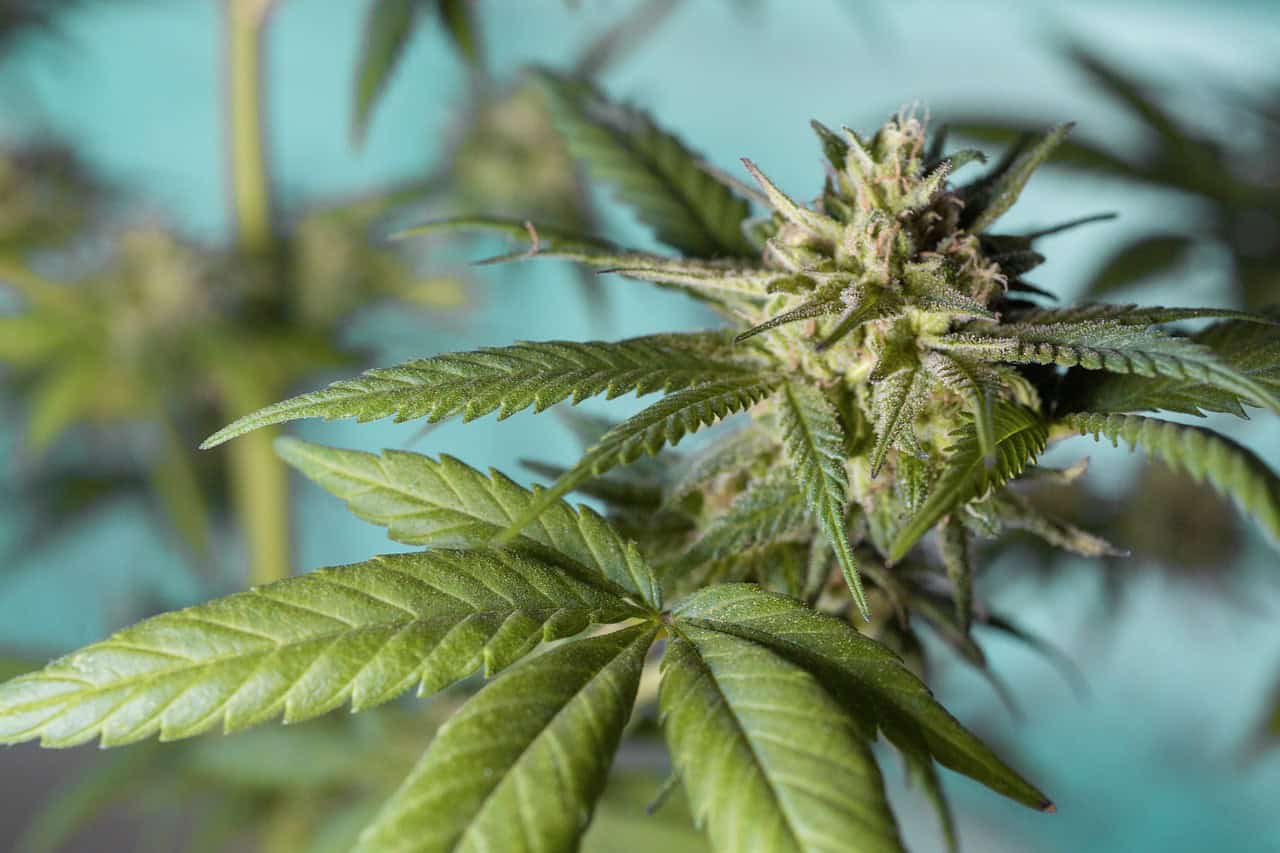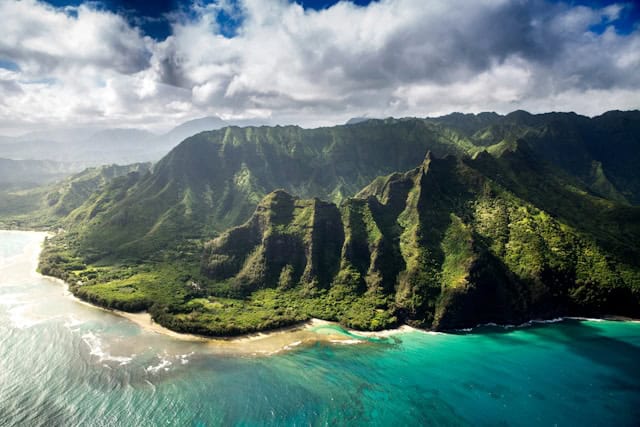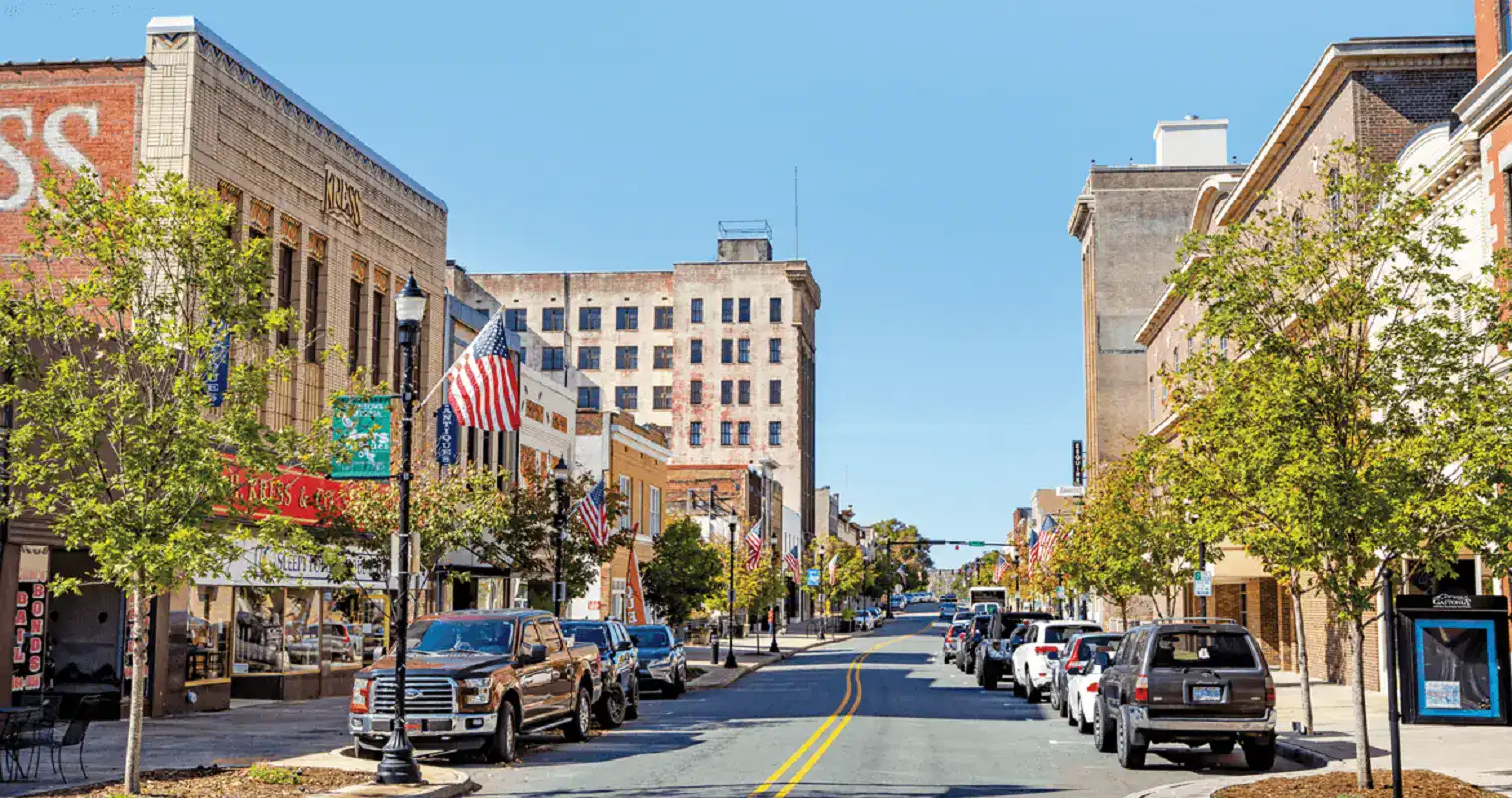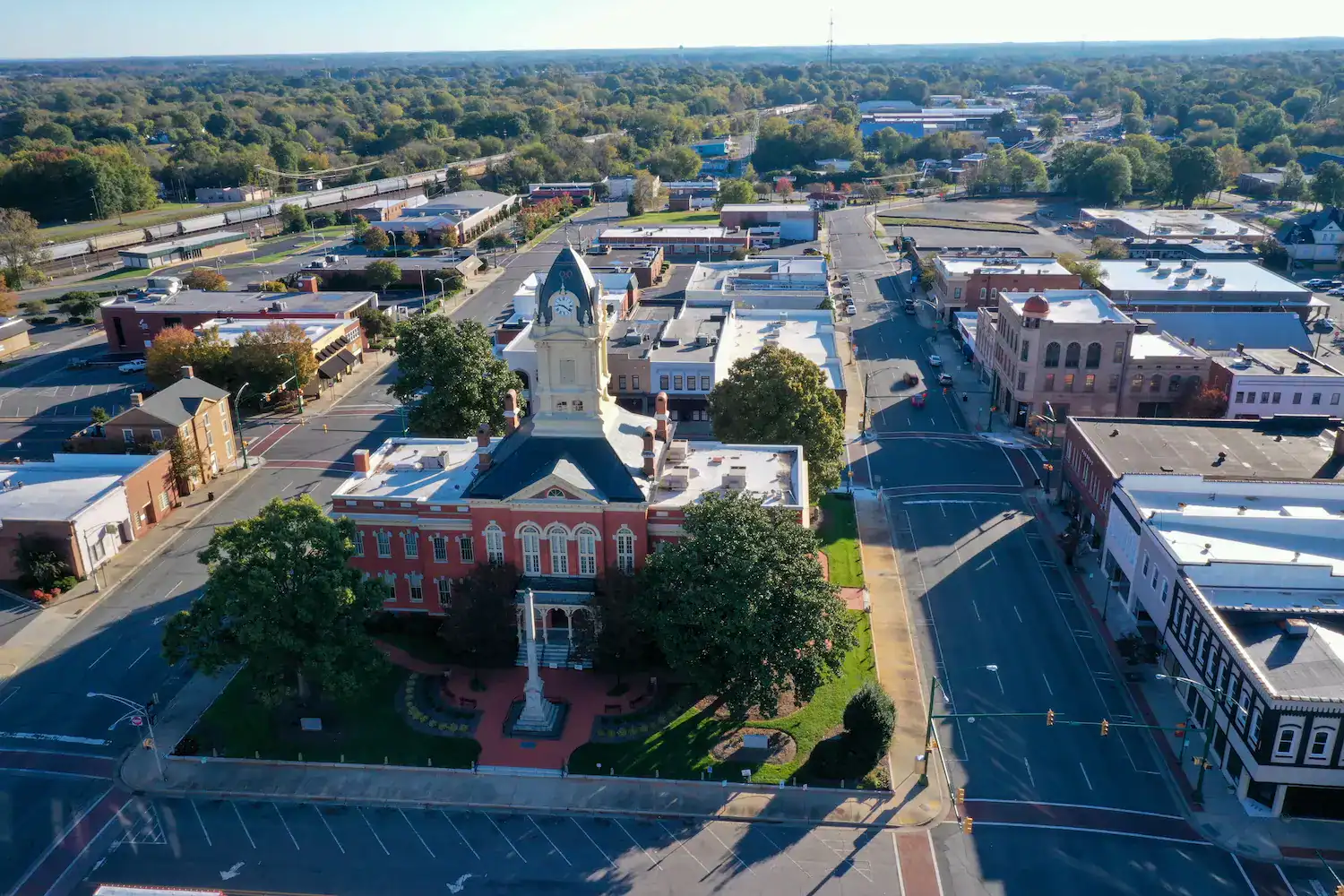
Is CBD Legal in North Carolina
Yes, CBD products are legal in North Carolina
 Legal
Legal
Hemp-derived CBD is legal in North Carolina as long as the THC content is below 0.3%.
CBD, or cannabidiol is a compound derived from the cannabis plant. CBD has the potential to offer therapeutic benefits without psychoactive effects. It has shown promise in alleviating pain, reducing anxiety, and improving the quality of sleep. Research into CBD is still ongoing, but it has shown effectiveness in treating a variety of ailments. Before buying CBD in North Carolina, make sure to check the lab test results for each product to ensure that they are labeled accurately.
In North Carolina, you must be at least 18 years old to purchase CBD products.
CBD that is consumed in an edible form will stay in the body for 2 - 5 days. However, CBD can effect people differently, and the time of elimination may vary.
As long as CBD products are labeled accurately, they should not lead to any highs. If CBD products contain more THC than their label claims, consuming them could lead to a high.
CBD is not known to cause overdoses. However, there may be negative effects of CBD including mouth dryness, diarrhea, and appetite changes.
Both CBG and CBD can support natural recovery and treating discomfort. However, CBG is more effective in stimulating appetite, while CBD is more effective for treating seizures.
CBD can be smoked, but high-CBD strain flowers can be difficult to come by. Strains that are CBD rich are often produced in limited quantities.
CBD can be smoked, but high-CBD strain flowers can be difficult to come by. Strains that are CBD rich are often produced in limited quantities.
Is THC Legal in North Carolina
No, THC products are illegal in North Carolina
 Legal
Legal
In North Carolina, the purchase of THC products is primarily limited to low-THC cannabis oil for medical use, which is legal only under specific conditions. To access these products, individuals must be at least 18 years old and have a valid medical marijuana card issued by the state.
In North Carolina, there are currently no legal requirements for third-party testing of THC products, primarily because the state has not fully legalized recreational marijuana or established a comprehensive medical marijuana program that includes broader THC product sales. However, the sale of low-THC cannabis oil (CBD oil) is allowed for specific medical conditions, and while manufacturers may choose to have their products tested by independent labs for quality and safety, it is not mandated by state law.
Consequently, consumers should exercise caution and conduct thorough research when purchasing THC or CBD products in North Carolina, as there is no regulatory oversight ensuring product safety or quality.
Note: Reputable manufacturers or retailers usually provide certificates of analysis (COAs) from independent labs, demonstrating that their products have been tested and meet the required standards.
In North Carolina, there are currently no legal requirements for third-party testing of THC products, primarily because the state has not fully legalized recreational marijuana or established a comprehensive medical marijuana program that includes broader THC product sales. However, the sale of low-THC cannabis oil (CBD oil) is allowed for specific medical conditions, and while manufacturers may choose to have their products tested by independent labs for quality and safety, it is not mandated by state law.
Consequently, consumers should exercise caution and conduct thorough research when purchasing THC or CBD products in North Carolina, as there is no regulatory oversight ensuring product safety or quality.
Note: Reputable manufacturers or retailers usually provide certificates of analysis (COAs) from independent labs, demonstrating that their products have been tested and meet the required standards.
Is Delta-8 Legal in North Carolina
Yes, Delta-8 products are legal in North Carolina
 Legal
Legal
Delta-8 THC is legal in North Carolina; the state matches federal law by allowing all hemp-derived products; Delta-8 tetrahydrocannabinol (Delta-8 THC) is a cannabinoid found in the cannabis plant, known for its psychoactive effects, although they are generally milder compared to the more well-known Delta-9 THC. The debate over Delta-8 largely centers on its legal status, potential health risks, and production methods. Despite being derived from hemp, legalized in the United States via the 2018 Farm Bill, the extraction and conversion processes have come under regulatory scrutiny. Critics argue that these methods could lead to impurities and safety issues. Moreover, concerns exist regarding its impact, particularly when consumed by vulnerable groups such as minors, given that Delta-8 products are often promoted as a legal and less potent alternative to traditional marijuana. Consequently, the regulatory environment and public perception surrounding Delta-8 THC remain intricate and contentious.
Delta-8 THC is legal in North Carolina; the state matches federal law by allowing all hemp-derived products; Delta-8 tetrahydrocannabinol (Delta-8 THC) is a cannabinoid found in the cannabis plant, known for its psychoactive effects, although they are generally milder compared to the more well-known Delta-9 THC. The debate over Delta-8 largely centers on its legal status, potential health risks, and production methods. Despite being derived from hemp, legalized in the United States via the 2018 Farm Bill, the extraction and conversion processes have come under regulatory scrutiny. Critics argue that these methods could lead to impurities and safety issues. Moreover, concerns exist regarding its impact, particularly when consumed by vulnerable groups such as minors, given that Delta-8 products are often promoted as a legal and less potent alternative to traditional marijuana. Consequently, the regulatory environment and public perception surrounding Delta-8 THC remain intricate and contentious.
While Delta-8 is generally recognized for its decreased potency relative to Delta-9 THC, it can still elicit psychoactive effects, underscoring the necessity for careful use. Those with pre-existing medical conditions or prescribed medications should seek guidance from a healthcare professional before venturing into Delta-8.
The consequence of Delta-8 THC on the body manifests as it binds to the CB1 receptors within the endocannabinoid system, predominantly located in the central nervous system. This interaction triggers psychoactive effects, generally less pronounced than those induced by Delta-9 THC. Individuals often express sentiments of calmness, elation, and an altered sensory perception. Delta-8 might also incite an increased appetite, provoke dry mouth, and lead to red eyes. Nevertheless, the expression of its effects can vary significantly among individuals, influenced by elements such as dosage, tolerance, and the unique sensitivity of each person to cannabinoids.
Delta-8 THC is legal in North Carolina. It counts as a hemp-derived product, which are legal in the state.
Both Delta-8 THC and Delta-9 THC have parallel chemical compositions, with Delta-8 being recognized for its lower potency and typically leading to a milder, more lucid high. It is often the preferred choice for users seeking a productive experience.
Various manifestations of Delta-8 THC are accessible, ranging from edibles, vape cartridges, tinctures, to capsules. The method chosen for intake is subjective and depends on personal preferences and the intended effects.
Ongoing debates and research persist concerning the safety of Delta-8 THC. Generally thought to be less potent with milder psychoactive effects than Delta-9 THC, concerns linger about potential impurities arising from its production methods. Additionally, as with any psychoactive substance, safety considerations fluctuate based on an individual's health, usage, and dosage. More comprehensive scientific studies are required to yield a conclusive assessment of its safety, emphasizing the need for caution, particularly in the absence of clear regulatory standards.
Standardly noted side effects may consist of a dry mouth, red eyes, an increased heart rate, and short-term memory lapses. Generally, these effects are less pronounced than those commonly associated with Delta-9 THC.
Absolutely, Delta-8 THC has the potential to elicit a positive outcome on a drug test, given that many tests lack the ability to differentiate between Delta-8 and Delta-9 THC. For individuals undergoing drug testing, exercising caution with Delta-8 products is recommended.
Your eligibility to buy Delta-8 products may hinge on your location, with age restrictions typically falling at either 18 or 21 years old. Always ensure that you are following your local age requirements by researching the local regulations.
You have multiple avenues for acquiring Delta-8 products, including licensed dispensaries, online retailers, and select convenience stores. To make an informed purchase, research the legal status of Delta-8 in your locality and choose a seller known for both product quality and adherence to local regulations.
Is Delta-9 Legal in North Carolina
No, Delta-9 products are illegal in North Carolina
 Legal
Legal
In North Carolina, you must be at least 21 years old to buy Delta-9 THC products derived from hemp.
Yes, it is legal to smoke Delta-9 THC flower in North Carolina, as long as the Delta-9 THC is derived from hemp and contains less than 0.3% Delta-9 THC by dry weight, in accordance with federal guidelines.
Yes, Delta-9 THC products in North Carolina must undergo third-party testing to ensure they meet state quality standards, comply with state and federal regulations (including containing less than 0.3% Delta-9 THC), and are free from contaminants such as pesticides, heavy metals, and residual solvents.
In any case, be sure to do your research and only buy these products from reputable sources, as state-specific regulations can vary and may not be as comprehensive as those in states with more established cannabis programs.
Is HHC Legal in North Carolina
No, HHC products are illegal in North Carolina
 Legal
Legal
In North Carolina, you generally need to be at least 18 years old to purchase HHC (Hexahydrocannabinol) products. This age requirement aligns with the state’s regulations for hemp-derived products. These products are commonly available in various retail settings, such as convenience stores, vape shops, and online platforms.
Yes, it is legal to smoke HHC (Hexahydrocannabinol) flower in North Carolina, provided the product complies with federal regulations by containing less than 0.3% delta-9 THC. The state’s stance on hemp-derived cannabinoids allows for the use, sale, and possession of such products, including those intended for smoking.
In North Carolina, although state law does not mandate third-party testing for HHC (hexahydrocannabinol) products, many reputable producers and retailers choose to conduct it. This testing is crucial for verifying that HHC products comply with federal regulations, including the requirement that they contain less than 0.3% delta-9 THC.
Third-party testing helps ensure that products are accurately labeled, free from contaminants, and meet safety and quality standards. While not legally required, this practice is commonly adopted by trustworthy providers to enhance consumer confidence and product integrity.
Note: Reputable manufacturers or retailers usually provide certificates of analysis (COAs) from independent labs, demonstrating that their products have been tested and meet the required standards.
Disclaimer
This information is derived from our independent research. Our team aims to ensure that we give you accurate up-to-date details from reliable state-run sources. However, we are not legal experts, and local laws can be subject to change.














